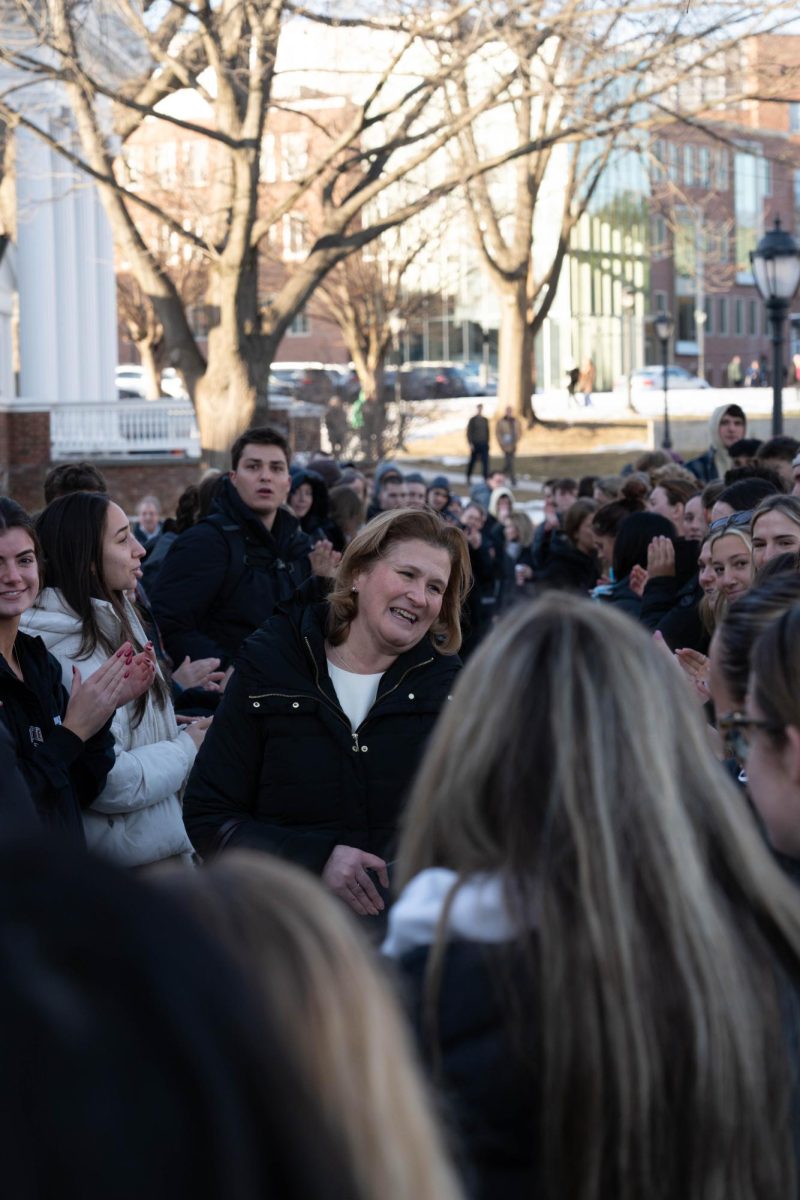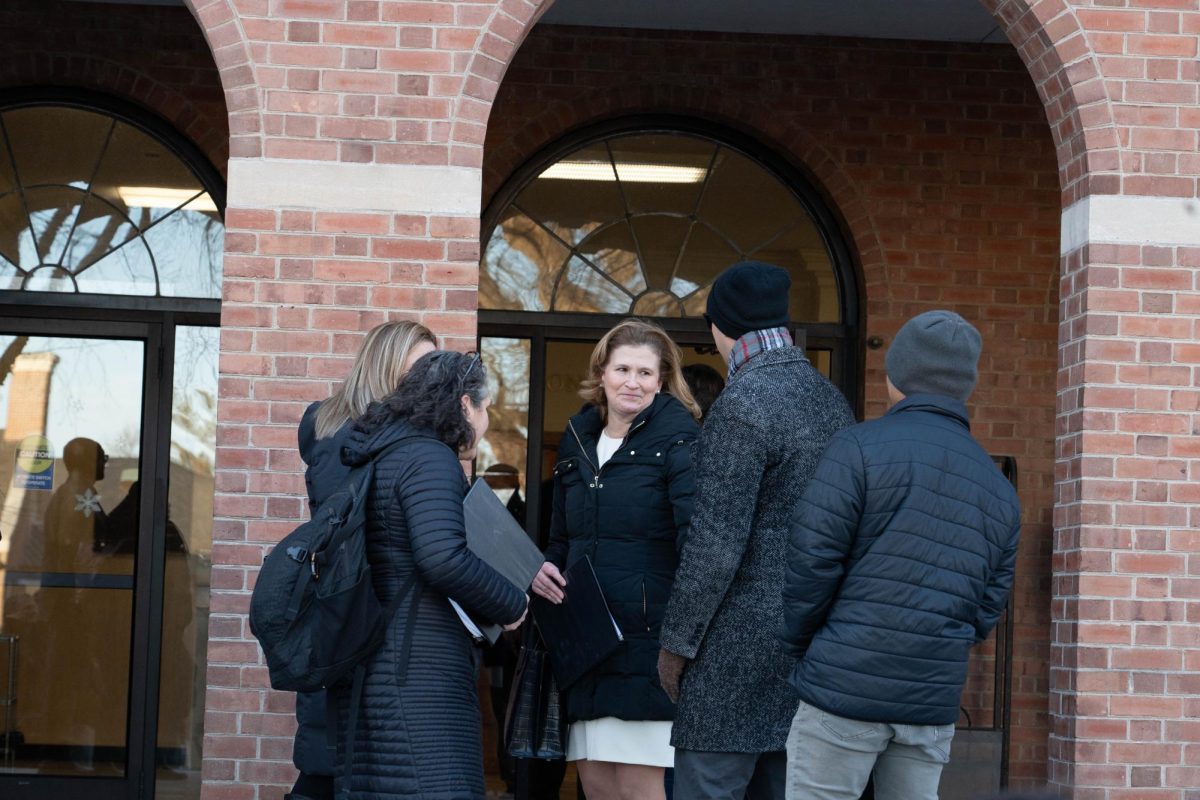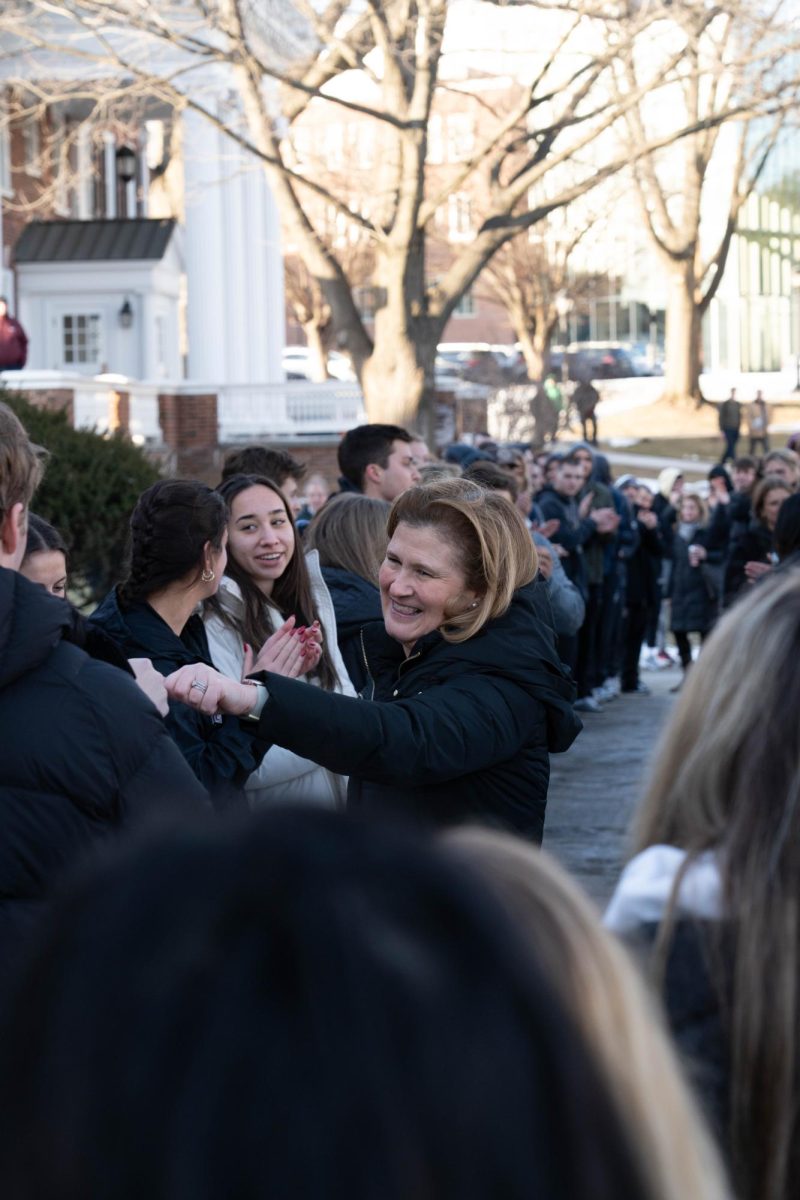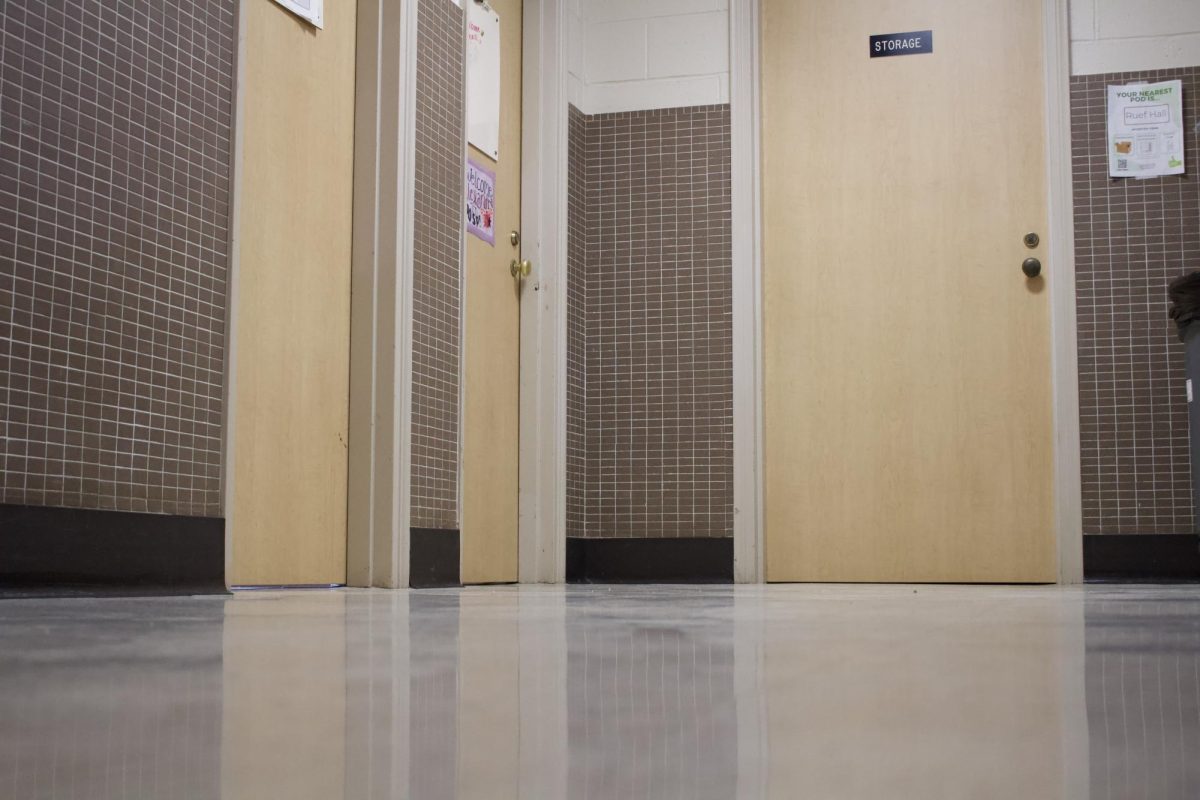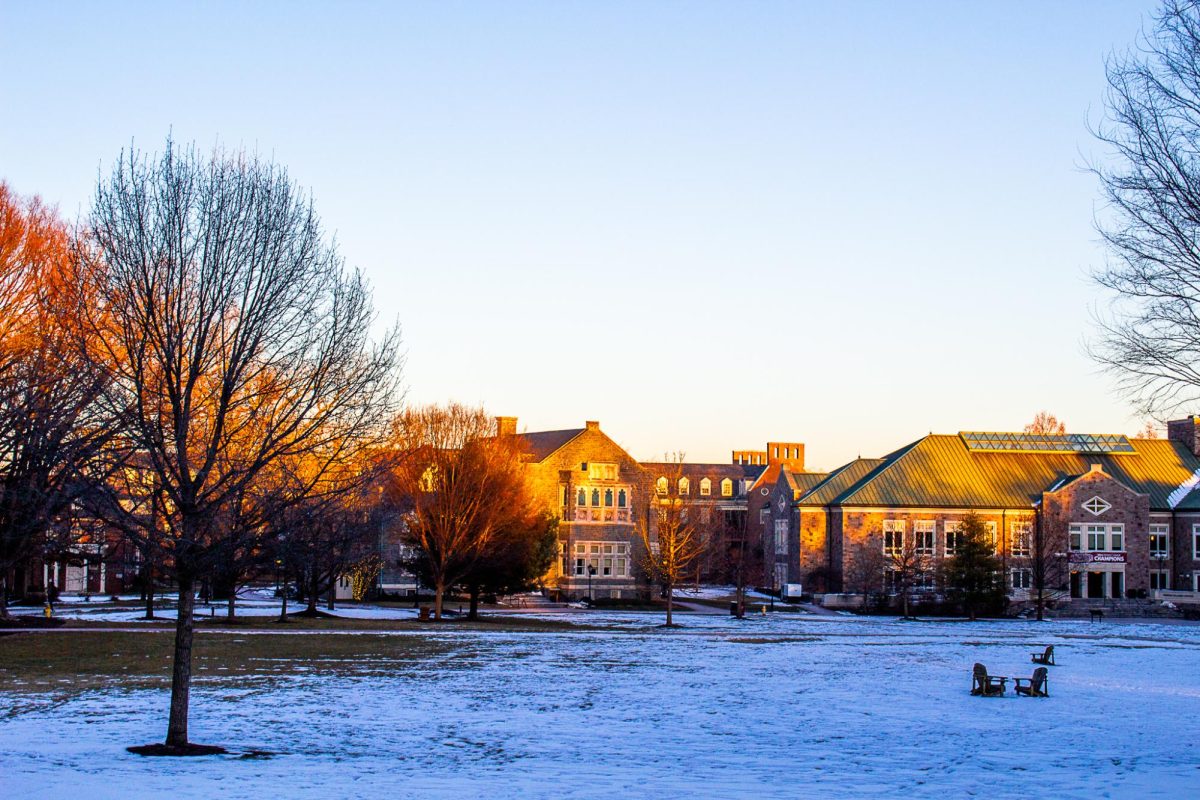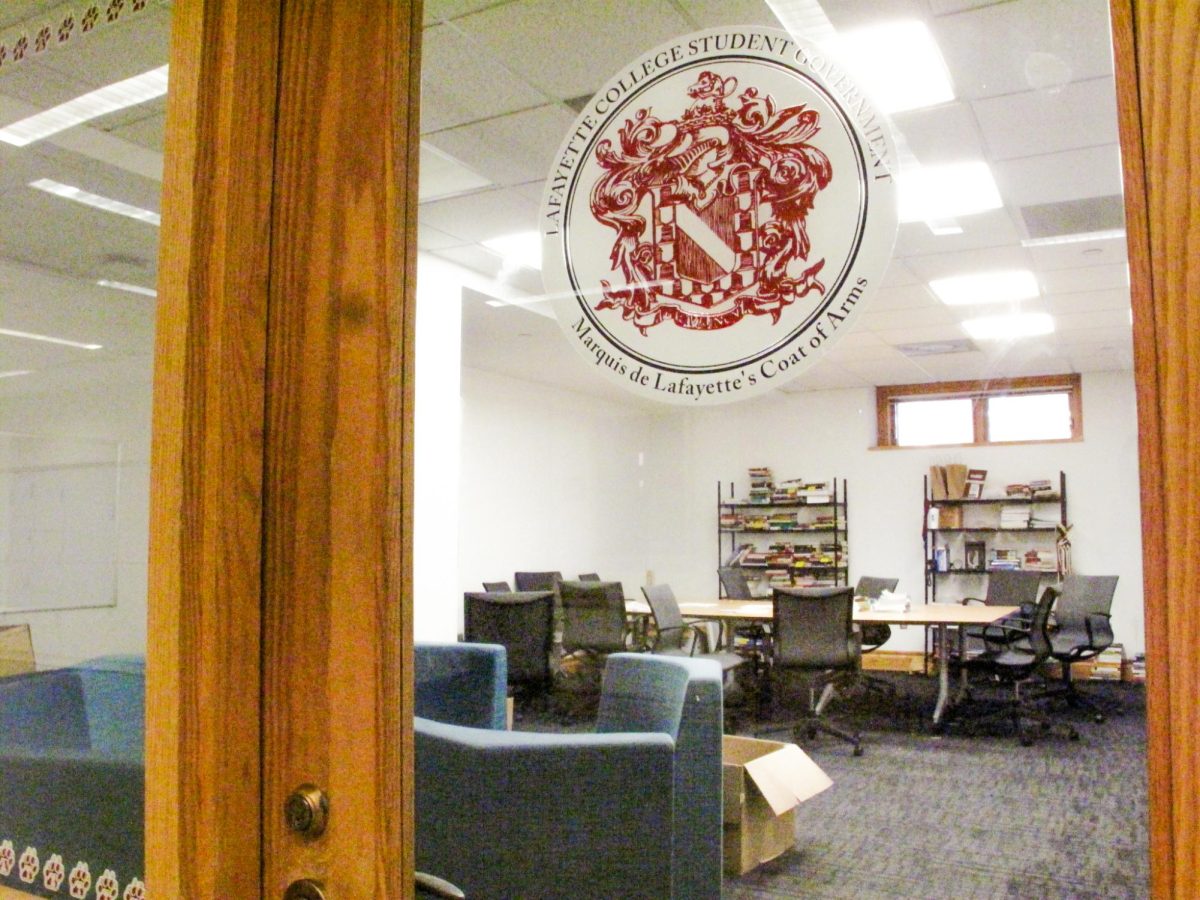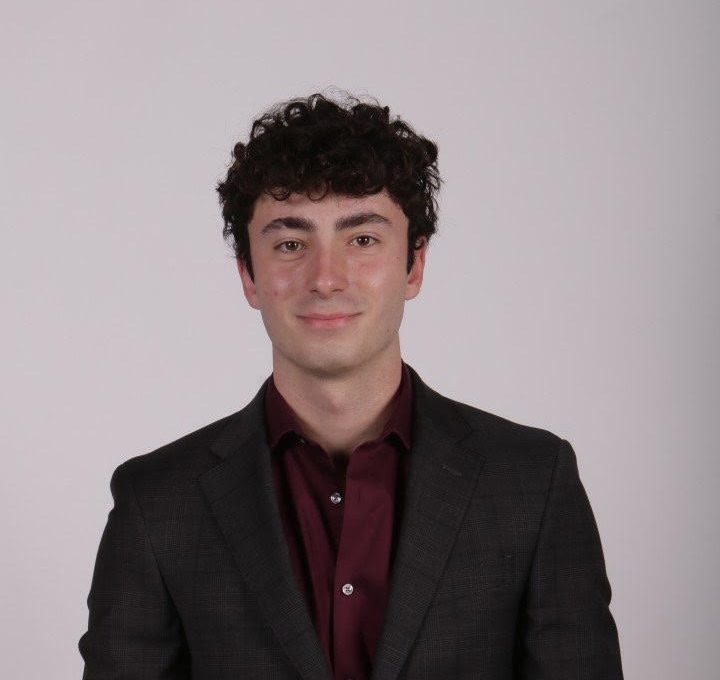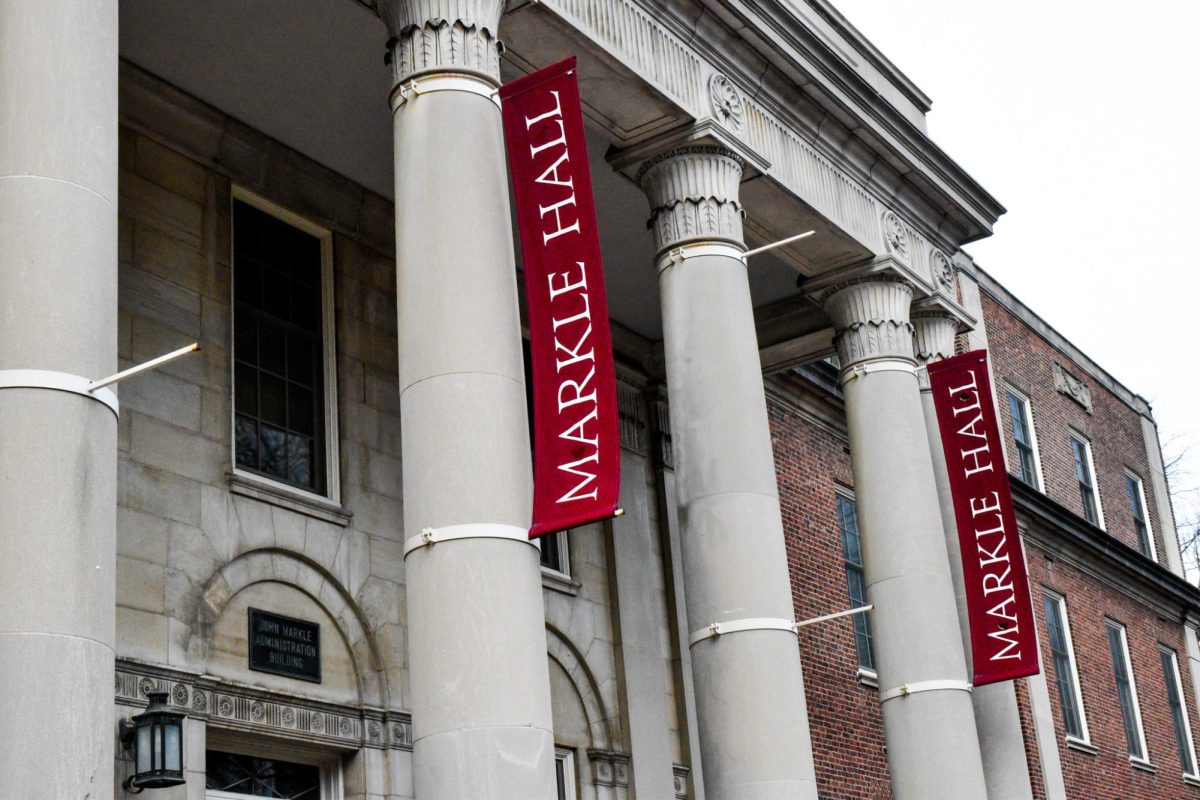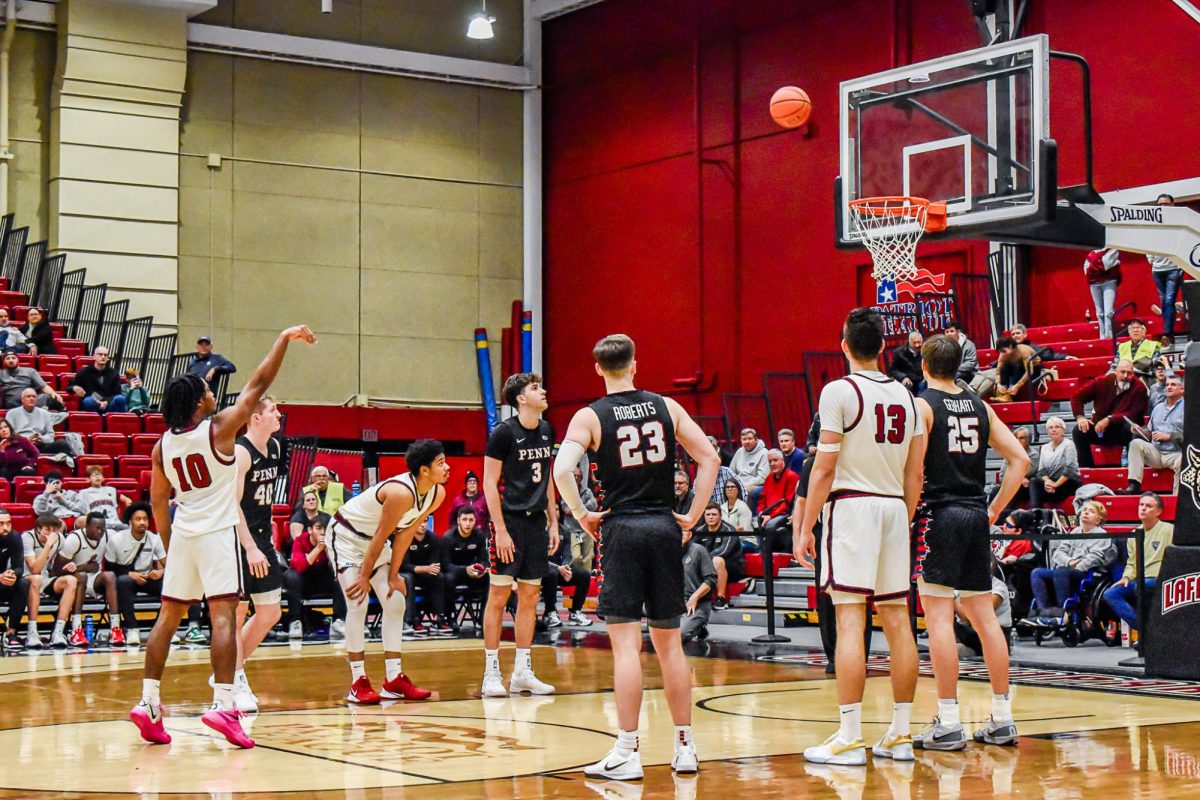Seventy years ago, my grandmother left her village in search of education and a better life. She grew up in rural Korea, where societal structures resembled the Middle Ages. Her life changed when she met missionaries from New Jersey who taught her English and science, sparking a dream: to send her children to the United States.
Today, I am living that dream as the first in my family to study in the United States, thanks to scholarships. I am grateful for this opportunity, but I struggle to see a future here that values the experiences I bring.
Lafayette College accepted me because I am a veteran, homeschooled, a foreigner, an entrepreneur and an author. Yet, I often feel like I’m just ticking demographic boxes. My experiences as a low-income global citizen remain unheard, overshadowed by superficial diversity. My story isn’t unique; it reflects unheard voices worldwide. I’ve seen injustice, children forced into begging and prostitution and intellectuals scorned for speaking the truth. These realities are missing from campus conversations, limiting our understanding.
At Lafayette, I’ve found a community that talks about diversity but falls short in practice. Poor internationals make up a majority of the global population, yet they account for less than 3 percent of Lafayette’s student body. This imbalance stifles the potential for a global education. How can we impact the world if we don’t understand most of it? The perspectives of low-income international students are crucial but lacking on campus.
Lafayette College must do more than talk about diversity — it must embrace it by increasing financial aid for low-income international students. This isn’t just equity, it’s an opportunity to enrich everyone’s education. When we bring in voices that reflect global realities, we create an environment that prepares students to engage with the world’s challenges. By expanding financial aid to include more low-income international students, Lafayette can lead by example, demonstrating a commitment to diversity beyond demographics.
The motto “Cur Non,” or “Why not?” drew me to Lafayette. Yet, during my time here, I’ve encountered a mindset that too often asks, “Why bother?”
Why bother confronting the world’s realities when it’s easier to stay within the safety of privilege? Why bother listening to voices of suffering when it’s more convenient to focus on grades, parties and networking? But we must bother. The choices we make today — whether to engage with the world as it is or stay insulated in comfort — will define the future we create. Will it be a future devoid of empathy, reactivity and understanding? Or will it be one where we dare to see the invisible, listen to the silent and act with courage?
So now, I urge you, President Hurd and the Lafayette community, to take decisive action. Increase funding for low-income international students. Don’t just talk about diversity — live it. Embrace the diversity that truly matters — the diversity of experience, struggle and perspective that will enrich us all and prepare us to make a difference in the world.
Dongjoon Yoon ’26 is a nationally recognized author in South Korea.

